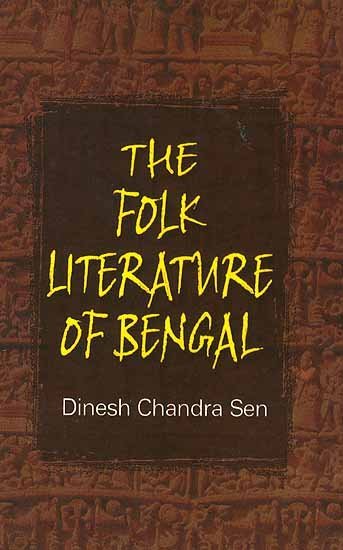Folk Tradition of Bengal (and Rabindranath Tagore)
by Joydeep Mukherjee | 2018 | 49,317 words | ISBN-10: 8186036989 | ISBN-13: 9788186036983
An English study regarding the Folk Tradition of Bengal and its influence on Rabindranath Tagore—an important Bengali polymath from the 19th century who excelled in philosophy, arts (painting), literature and music. This research tries to initiate the semantic aspect of “folk” through the help of various dictionaries....
Chapter 2.9 - Influence of European Culture on Tagorian Creation
[Full title: Review of Research—Rabindranather Upor Uropiyo Songskritir Provab (Influence of European Culture on Tagorian Creation)]
Influence of European culture especially songs has taken a great deal in the creation of Rabindranath Tagore. Before that the research has been very cynical about its possibility and probability. The research directly interrogates about his knowledge of Western songs. It also expresses extreme surprise about his unflinching attachment with their culture. The most important factor of the research is that it has not confined itself in table work rather rigorously it hinges round for the justification. It collects data quite meticulously. For instance it searches and quotes what he says about his own first acquaintance with Western culture. Therefore these quotations drain out not only his inherent connection with Western culture but also with his family members.
The research also invites history. It typically informs us about his first arrival in England and the duration. Most of us would definitely think of his academic interest. But surprisingly the research lets us know about his active participation in cultural functions. The researcher very ecstatically writes that he even joined ‘Gallop’ and ‘Lancer’ dances. Miss. K., the convenor used to inform or invite Gurudev. Undoubtedly, the research very meticulously amasses such references from his life story. It also highlights the fact that Tagore was fascinated by one song so much so that frequently he used to sing it. He also mentions the songs: “Won’t you tell me, Molly darling”, “Darling you are growing old” and “Good bye sweet heart, Good bye”.
It also focuses on his translation of “Sangeet and Vab”, an essay illumining the spirit of European song that eventually goes against the flow of Bangla culture. In addition to that the research informs that it is a direct response to his influence of Herbert Spencer’s “The Origin and Foundation of Music”.
Here the researcher gives a list of some songs that are composed in and out of their tradition. These are:
